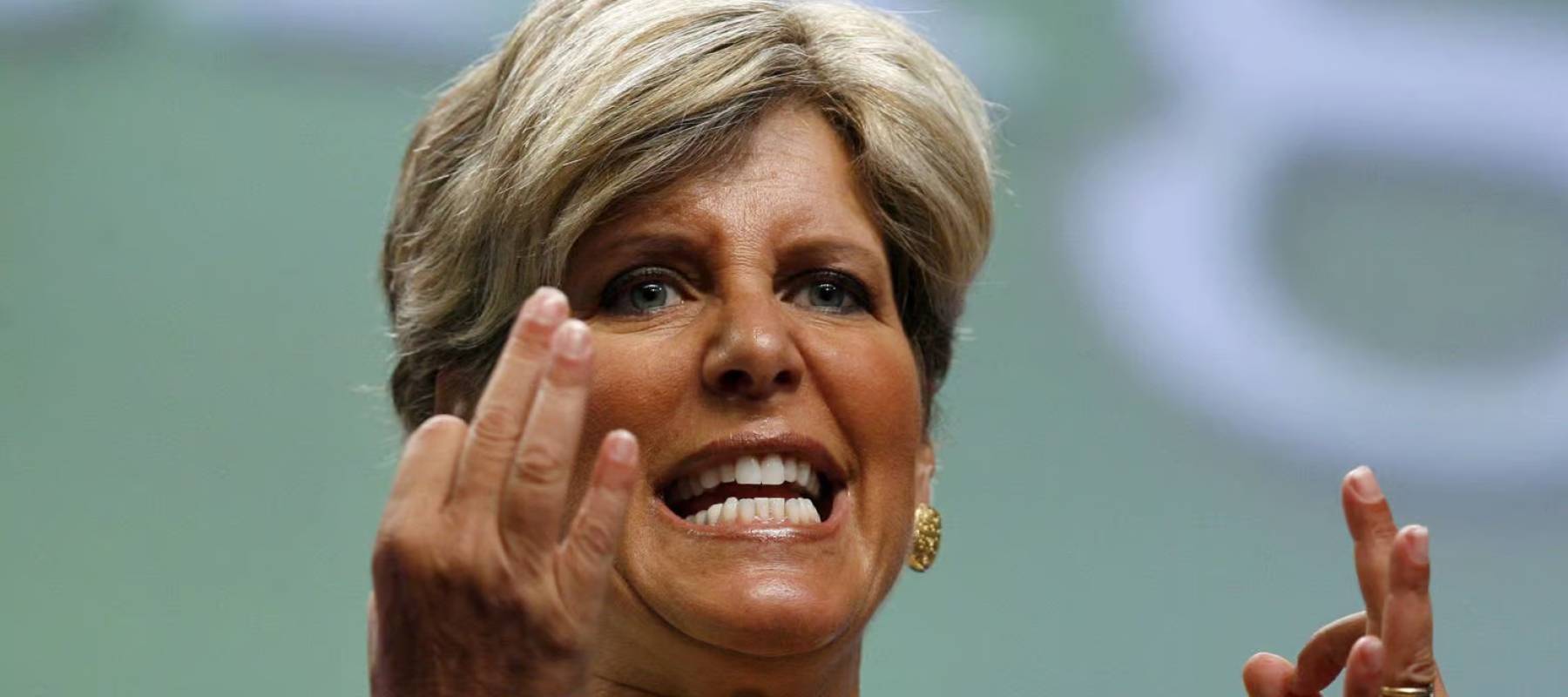Fixed isn’t what it used to be

CIBC says 80% of homeowners with a mortgage have a fixed rate, but Canadians aren’t always rewarded for their conservative leanings.
“Everyone knows a variable rate outperforms a fixed rate” in the current climate, says Khider El Kadri, Alberta South vice-president at TMG The Mortgage Group.
The Bank of Canada says today’s incredibly low rates — the prime is sitting at 2.45% — are an essential tool to spur the economy, and experts anticipate rates will stay low for at least 12 to 18 months.
Any increases should be small and incremental, so there isn’t as much benefit to a fixed mortgage rate.
For precedent, look at the 2008-2009 financial crisis. The prime bottomed out at 2.25% in May 2009 and didn’t rise at all for more than a year. It finally crept up to 2.50% in August 2010.
Empower your investments with Qtrade
Discover Qtrade's award-winning platform and take control of your financial future. With user-friendly tools, expert insights, and low fees, investing has never been easier.
Start Trading TodayThink about your risk

If you’re thinking variable, just be sure to proceed with your eyes open, says Tracy Best, senior vice-president at CIBC mobile advice.
“While mortgage payments may be lower in lower-interest-rate environments, you want to be able to ensure that you can still afford your home should interest rates rise,” Best says.
Think about how much of your monthly income will be eaten up by mortgage payments. If you aren’t stretching yourself too thin, choosing a variable rate will allow you to take greater advantage of market lows without breaking your budget if rates do rise during the term.
If you feel uneasy later, you always have the option to switch to a fixed rate in the middle of your term. Be mindful, though, that tomorrow’s fixed rate may be higher than what’s posted today, so risk is always involved.
Prepare for financial shocks

At the same time, a variable rate can help if your finances are devastated by a job loss or other catastrophe.
In the event that you have to sell your home to stay afloat, you’ll suffer a smaller penalty for paying off your mortgage early. Instead of paying up to 4% of a fixed mortgage, El Kadri says, you will only pay three months of interest following the sale.
If a painful period of unemployment is a real possibility for you, El Kadri suggests exploring a variable rate while you are still working and qualify for refinancing.
And if your finances are already under pressure due to the coronavirus, you can try signing on for a shorter term, like three years instead of five. You won’t lock in today’s great deals for quite as long, but in the meantime you’ll pay less interest and have more money in the bank each month.
Whatever your situation, there’s a mortgage out there to suit your needs. If you don't have time to find it yourself, try asking Homewise to work the market for you. This online brokerage will negotiate on your behalf with more than 30 big banks and other lenders, completely free, and it only takes five minutes to apply.
Trade Smarter, Today
Build your own investment portfolio with the CIBC Investor's Edge online and mobile trading platform and enjoy low commissions. Get 100 free trades and $200 or more cash back until March 31, 2025.







